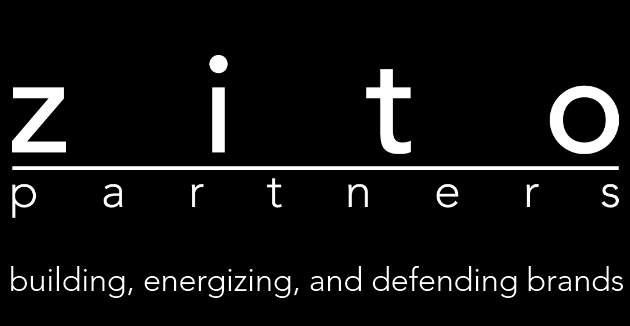“Give Me the Gold”
Physical Gold and the Unambiguous Ownership of Assets
The recent bankruptcy at MF Global highlights a crucial issue for investors – who in fact owns their financial assets? As the use of futures, options, ETFs and other complex financial instruments has exploded, it has become increasingly difficult for investors to secure unambiguous ownership of their assets and protect themselves from competing ownership claims. Until recently, this topic has been relegated to bloggers who were characterized as “alarmists.”
However, the recent events at MF Global have made these risks front page news for the investment community. Most paper-based financial assets such as stocks, bonds, mutual funds, etc. are held by broker-dealers in segregated accounts. These accounts should not be commingled with broker-dealer assets as was the case at MF Global, where $1.2BN has gone “missing” from client accounts.
When MF Global filed for bankruptcy, all of the client accounts were frozen. The bankruptcy trustee overseeing the liquidation proposed dumping all customer assets – including physical assets such as gold and silver – into a single pool to be “equitably” redistributed. Clients that have paid for delivery of the physical metals, and even hold warehouse receipts for the bars, are going to recover only 78% of the value of their precious metals holdings. Despite holding a direct claim on assets that can be identified, these clients have become unsecured creditors in the liquidation process. And now that the lawyers are involved, the attendant litigation costs will further eat into the recovery.
In one recent lawsuit, HSBC (as custodian) sued MF Global Inc.’s trustee to establish the rightful ownership, between the brokerage and a client, of gold and silver bars worth in excess of $850,000. An attempt by the client to move his metals to a Brink’s vault was in fact blocked by the trustee while it established ownership. In addition to sorting out the ownership claims on the asset, the judge also has the challenge of figuring out how to allocate bars (which obviously cannot be “cut into pieces”) into claims that are less than the value of a full bar.
MF Global highlights key risks for investors that own paper gold during a bankruptcy. However, none of these issues – valuation haircuts, ownership disputes, litigation costs and delays – would occur if investors owned the allocated physical gold.
Those same “alarmist” bloggers also question whether all of the paper gold is in fact backed by allocated physical gold. What would happen if clients actually ask for delivery of all that gold underlying the paper? In a recent interview, Kyle Bass of Hayman Capital, who helped The University of Texas Investment Management Co. take delivery of almost $1 billion in gold bullion, highlighted some of the risks involved in holding futures contracts versus physical bullion. Based on his conversations with the Head of Deliverables at the COMEX, the warehouses had $2.7 billion of deliverables (gold that is available for delivery to those who demand bullion) versus $80 billion in open interest.
When I talked to the head of deliveries at COMEX NYMEX, I was like, ‘What if 4% of the
people want deliveries?’ He said, ‘Oh Kyle, that never happens. We rarely ever get a 1%
delivery.’ And I asked, ‘Well what if it does happen?’ And he said, ‘Price will solve
everything’ And I said, ‘Thanks, give me the gold.’
The MF Global bankruptcy and its aftermath highlights the how important it is that investors carefully evaluate counter party risk, credit risk, encumbered versus unencumbered assets and the potential divergence between physical and paper markets for various commodities. Given the uncertainties plaguing the global markets and the inherent risks around securing ownership of financial paper-based assets, investors should look to hold a portion of their assets in physical gold and have it stored outside the traditional banking system.
Gold Bullion International (GBI), a leader in physical precious metals investing, offers several advantages that ensure clients have clear and unambiguous ownership of their assets.
- GBI does not keep any assets on its own balance sheet and therefore cannot use the client assets for other purposes.
- GBI records indicate on per bar per client basis and each bar or coin is wholly owned by only ONE client. A judge is not necessary to rule whether you own a piece of gold or not. The ownership is completely unambiguous.
- No Counterparty risk, GBI keeps title in the underlying client’s name.
- GBI does not sell unallocated gold; all of our products are fully allocated.
- GBI’s storage partners are non-banking vaulting providers that have no reason or ability to use the holdings for other purposes.
- Clients can request possession of the metal at anytime.
- GBI works on an agency basis and as such does not take any proprietary risk on transactions.
- All metals are physically verified by an internationally recognized audit firm on an annual basis.
Gold Bullion International, LLC - 225 Liberty Street, 29th floor New York, NY 10281
